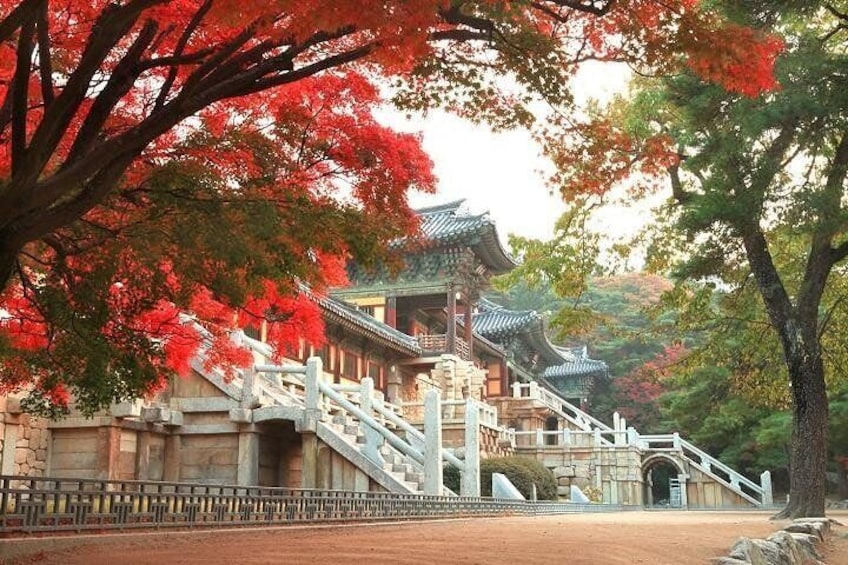
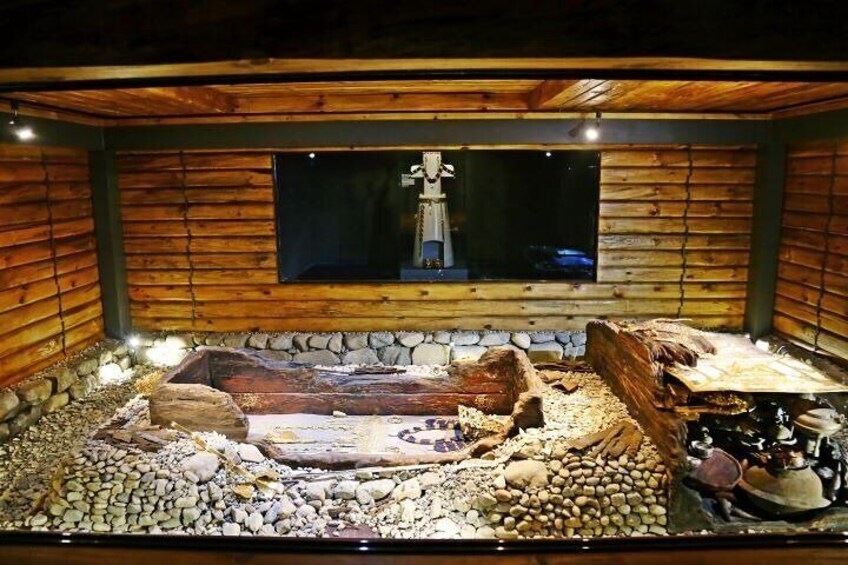
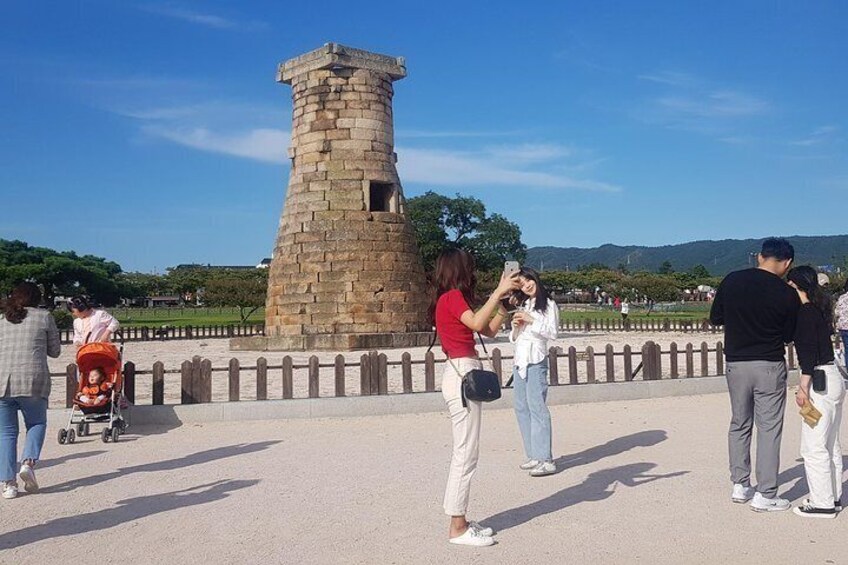
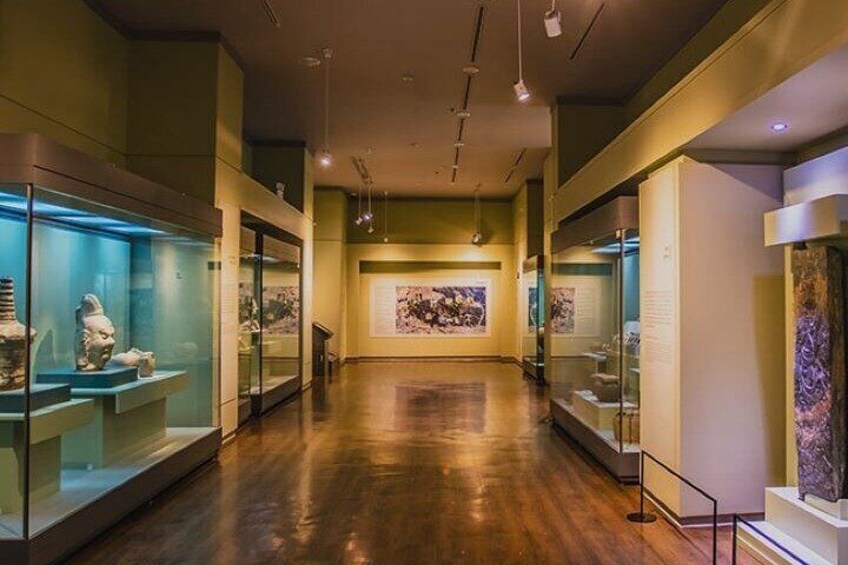
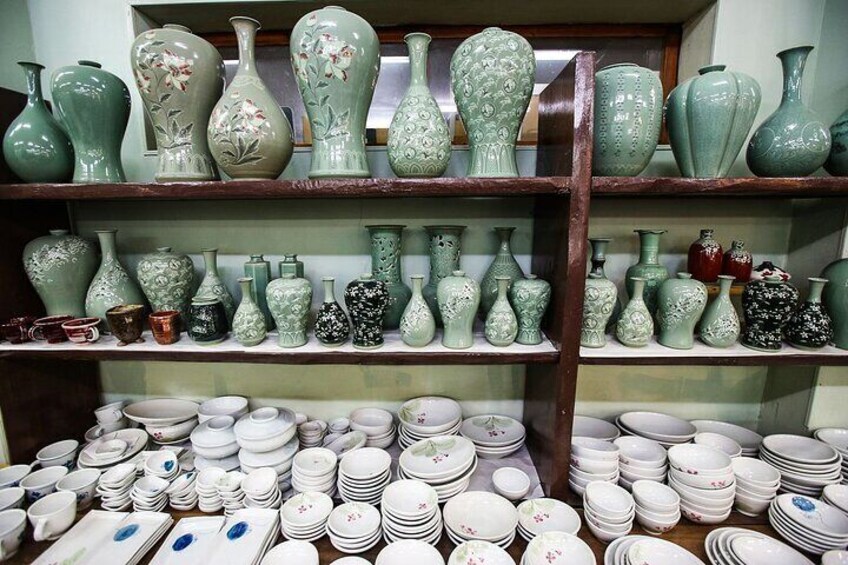
Gyeongju ONE-DAY Highlights for PRIVATE CRUISE PASSENGER'S
By Frank Yi
10/10
10 out of 10Free cancellation available
Features
Overview
Activity location
Meeting/Redemption Point
Check availability
Transport with driver in Multilingual
Mini Van, Mini Bus, Coach Bus: Shared transport with other travellers ( Korean driver simple English )
Pickup included
Price details
€388.16 x 1 Adult€388.16
Total
Large private Group (8-15pax) in Multilingual
Large Van, Mini Bus: Flexible itinerary with Guide
Pickup included
Price details
€485.20 x 1 Adult€485.20
Total
Small private Group (1-7pax ) in Multilingual
Saloon, Mini Van: Flexible itinerary with Guide
Pickup included
Price details
€485.20 x 1 Adult€485.20
Total
What's included, what's not
Know before you book
- Wheelchair accessible
- Infants and small children can ride in a pram or stroller
- Public transport options are available nearby
- Transport options are wheelchair accessible
- Suitable for all physical fitness levels
- At time of booking, Cruise ship passengers must provide the following information at time of booking: ship name, docking time, disembarkation time and re-boarding time
- Please advise any specific dietary requirements at time of booking
- Minimum 2 people numbers apply. There is a possibility of cancellation after confirmation if there are not enough passengers to meet the requirements. In the event of this occurring, you will be offered an alternative or full refund
- Meet up point: Customer requested on time and location and pick- your up in front of exit gate with your name picker.
- In accordance with EU regulations about consumer rights, activities services are not subject to the right of withdrawal. Supplier cancellation policy will apply.
Activity itinerary
Location
Activity location
Meeting/Redemption Point
Best Deals on Things to Do
Experience the wonders of the world up close with great deals on things to do near and far. Expedia offers one-of-a-kind activities that allow you to explore Gyeongju your way. Whether you love nature, culture, food or a bit of adventure, we have the perfect activity for you.
Top experiences in Gyeongju
With so many things to do in Gyeongju, planning the perfect day out may seem like a daunting task. Expedia is here to take the hassle out of finding the best attractions, tours and activities in Gyeongju. Families, couples and business travellers can all find the perfect activity in Gyeongju to create life-long memories with the help of Expedia.